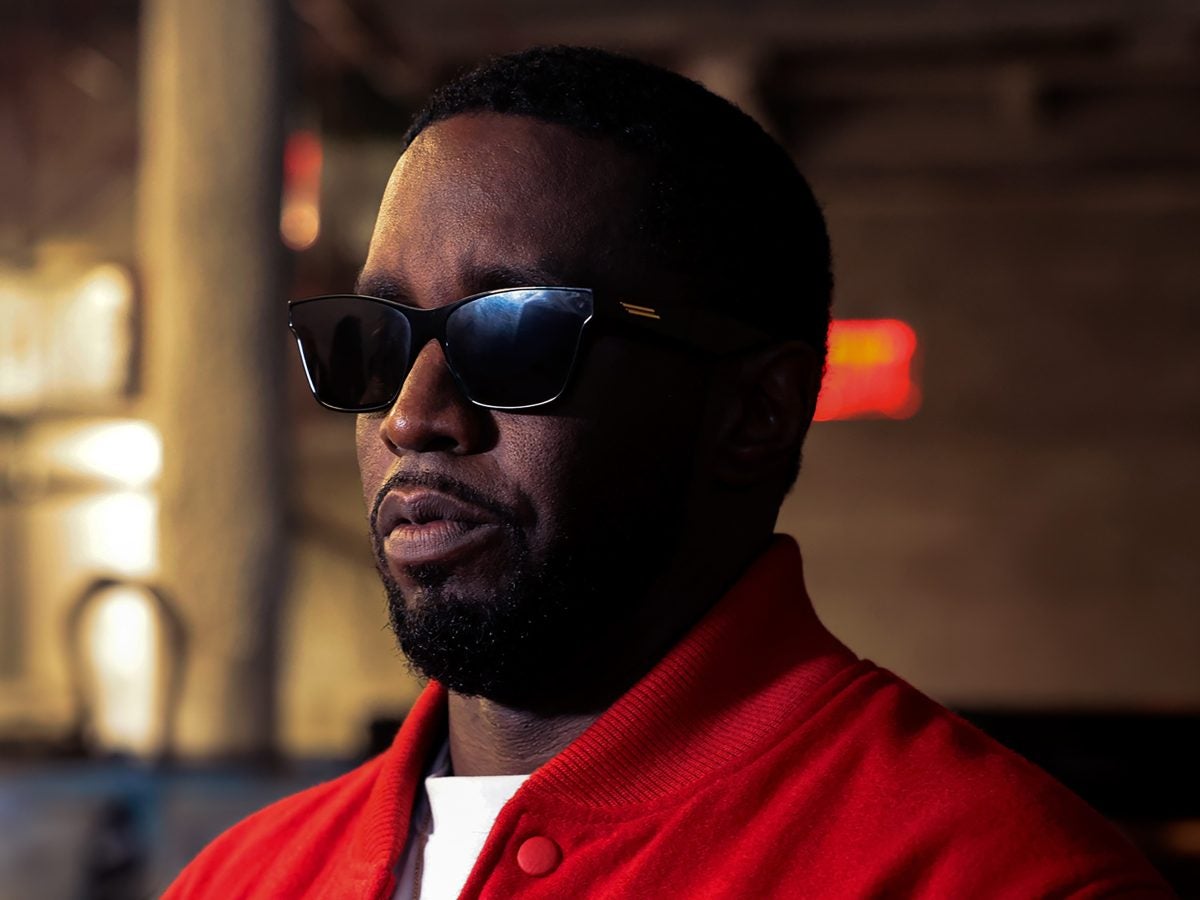
When news broke that singer Cassie Ventura was accusing media mogul and former boyfriend Diddy (real name Sean Combs) of abuse in a civil lawsuit, the internet was divided. Some automatically believed her, sickened by the 35-page court documents with stomach-churning details of severe physical and sexual assault throughout their decade-long relationship. Others staunchly supported Diddy, who claimed Cassie and other alleged victims who subsequently came forward were only looking for a payday. The court of public opinion was quickly swayed in Cassie’s favor when CNN recently released surveillance footage of Diddy savagely attacking her in a hotel hallway in 2016 as she attempted to quietly escape their suite.
Diddy made a public apology just days after that footage went public, insisting that his behavior in the video was “inexcusable” while in the same breath offering a litany of excuses, including “being in a dark place” and “hitting rock bottom.” Several male stars felt moved enough to condemn Diddy in public statements, including Stephen A. Smith, The Breakfast Club host Charlamagne tha God, and former pro football player Ryan Clark.
The reactions are not surprising nor are they particularly noble. The abuse captured on that tape was irrefutably callous and violent. To see a man hip-hop culture once revered, who beat the odds by becoming one of the world’s few Black billionaires, ruin his legacy by putting his hands on a woman is a collective disappointment that will reverberate for generations. But the situation also serves as an opportunity to peel back the layers of abuse, to really examine the common types of trauma Black women endure at the hands of their men — even the kinds that leave no bruises.
The truth is that there are a lot of “Diddys” currently pointing the finger at the troubled mogul. While their discretions don’t manifest physically, they are swept under the rug and dismissed as men just being men. They lie and cheat while in committed relationships, have children outside of their marriages, and some even abandon their responsibilities as fathers. They are dishonest in their relationships — gaslighting and manipulating their way past accountability until their partners are left sullen, empty, and confused. They make empty promises to the women they date to sleep with them or use them financially and then disappear with no warning or explanation. They sit idly by as the woman next to them in the train station is harassed and threatened by another man. They are the pathological liars who destroy every heart they capture. They label themselves “the good guys.” They don’t condone violence against women, but they won’t intervene, either. They think their actions don’t qualify as abuse because they’ve never gotten physical with a woman before. Still, the emotional scars that are left in the wake of their cruel behavior take years for their victims to recover from. Some never do.
As Black women who endure this kind of “covert” abuse day in and day out, it is exhausting trying to navigate in a world that constantly gaslights our reality and makes us responsible for the poor treatment we’re given. We’ve been told that it’s our fault for not picking better, or that we should’ve waited until we got a ring before having a baby, or that we should have left sooner. In one way or another, all roads lead to “We should have known better.” But as history has shown, there’s no amount of preparation that promises you won’t encounter this kind of insidious abuse.
Manipulation, gaslighting, and cheating are common occurrences with intimate partner violence and fall into the category of emotional and psychological abuse, but sadly, they often aren’t met with the same seriousness and shame as physical abuse. For far too long, men who partake in these hurtful behaviors may not realize the damaging effects of their actions. We can’t heal or self-love our way out of it. We need some of our men to do better to reverse the damage.
Studies show that intimate partner violence can take many forms aside from physical abuse. According to the National Health Institute — Emotional abuse is often a precursor to physical abuse and can include verbal assault, dominance, control, isolation, ridicule, or the use of intimate knowledge for degradation. It targets the emotional and psychological well-being of the victim and makes them feel devalued and unworthy. In a world where patriarchy and racism are constantly at work to stifle the progress of Black women, we can’t continue to skate around the conversation of what abuse really looks like in our lives. We have a right to call it out, and the men who dish it out are responsible for correcting it.
When addressing the Diddy case on The View, Charlamagne brought up a compelling point. “We shouldn’t focus on the individual [Diddy]. We should focus on the issue,” he stated. “The issue is domestic violence and men not doing the proper work on themselves. They’re dealing with a lot of pain, hurt, and unhealed trauma and they’re projecting it on other people.” He goes on to say that patriarchy is also to blame “because you have a system where men feel superior to women,” which further compounds the issues. Though Charlamagne himself has long been advocating for Black men to seek therapy, research shows that Black men who experience feelings of anxiety or depression are about half as likely to seek counseling as their white peers.
While we are holding Diddy’s feet to the fire, and rightfully so, this is also the perfect opportunity for men to examine how they’ve actively or passively been complicit in the abuse and mistreatment of women in their lives. Black women are yearning for a reality in which our emotions and care are safe in the hands of all our men. One where the good guys actually hold other men accountable. One where we believe women without video proof. There is always room for improvement.




